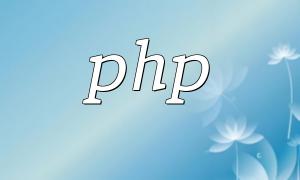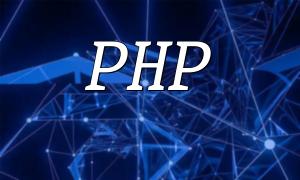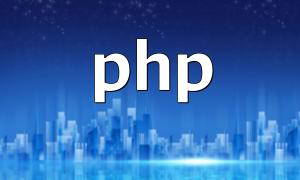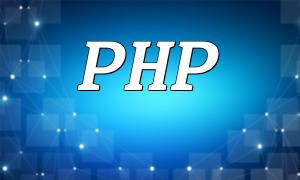PHP functions are essential components of programming, responsible for encapsulating, reusing, and simplifying code. By deeply understanding the principles and applications of functions, you can improve code maintainability and readability, making your programs more efficient and elegant. This article will guide you through the various aspects of PHP functions to help you harness their power in your programming tasks.
function function_name(parameter1, parameter2, ...) {
// Function body code
return value;
}
When invoking a function, simply use its name followed by parentheses containing the arguments:
$result = function_name(argument1, argument2);
PHP offers a wide range of built-in functions that can be used for various tasks such as string manipulation, array operations, and mathematical calculations. These functions can be called directly without needing any custom code.
In addition to built-in functions, PHP allows you to define your own functions to handle specific needs. You can define a new function using the function keyword:
function greet($name) {
echo "Hello, $name!";
}
Custom functions can accept parameters and return values, allowing you to structure your code more efficiently.
In PHP, variables used within functions have specific scopes. Global variables are accessible both inside and outside of functions, while local variables are only available within the function where they are defined.
$global = "Global Variable";
function test() {
$local = "Local Variable";
echo $global; // Output global variable
echo $local; // Output local variable
}
test();
// Output: Global Variable Local Variable
PHP functions can be classified into the following types:
PHP functions play a crucial role in web development. They are primarily used for:
PHP functions are powerful tools that help developers write well-organized and efficient code. By understanding function syntax, invocation, scope, and types, you can unlock PHP's full potential and build robust, efficient applications.









